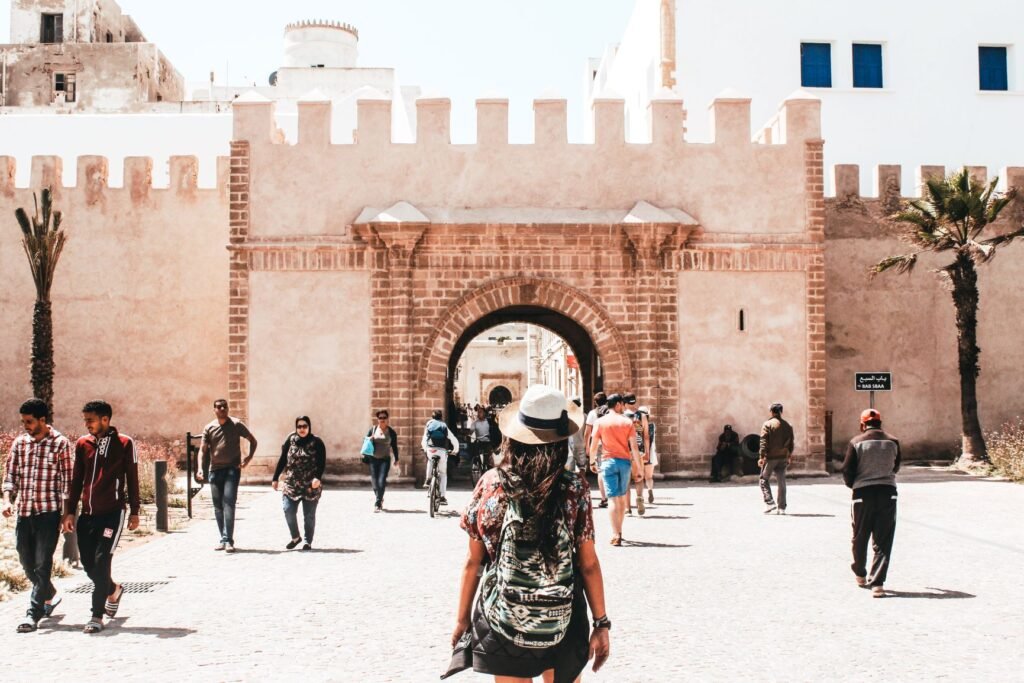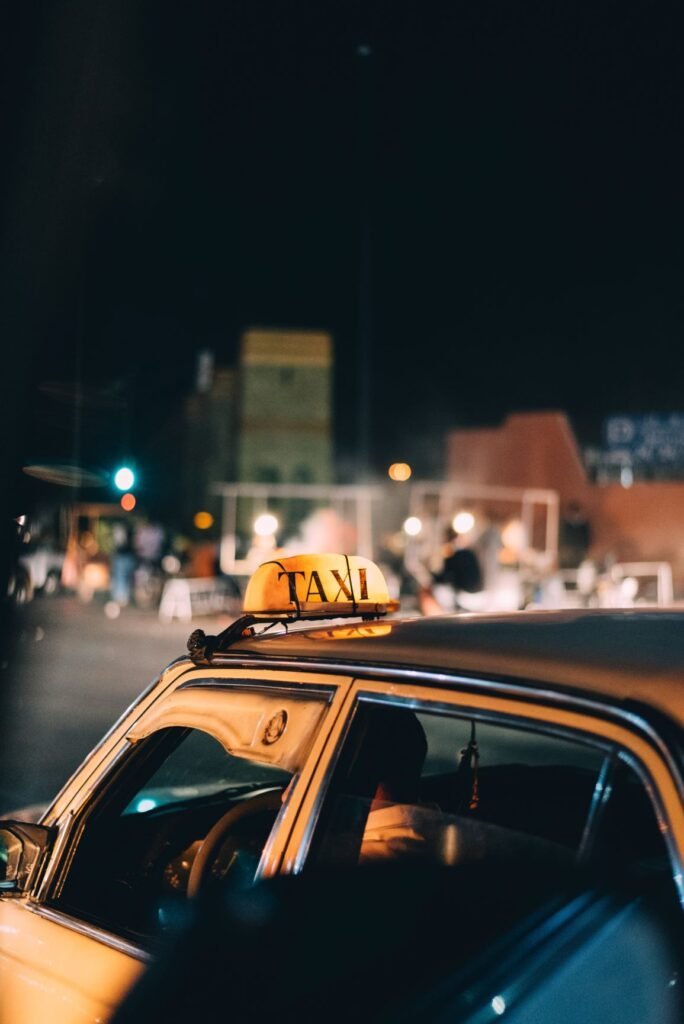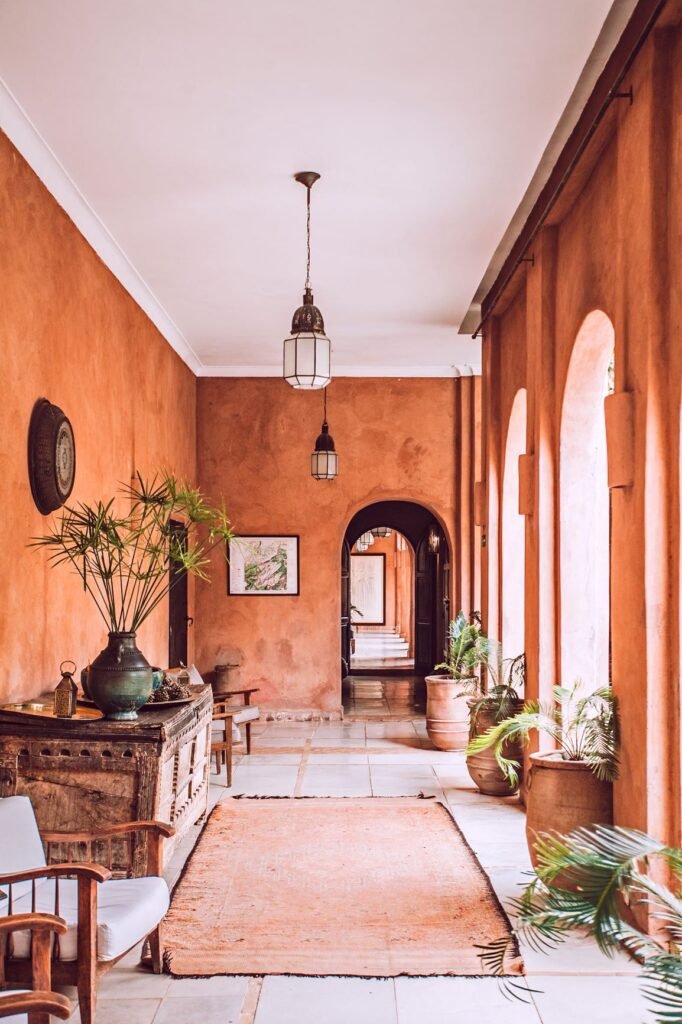Advice for foreigners moving to Morocco written by a foreigner living in Morocco.
Moving anywhere has its challenges. Moving overseas is a whole other story. Fortunately, before moving to Morocco in August 2019 with my husband, I’d spent a semester abroad in Rabat. This gave me kind of an idea of what to expect, but there was also a lot that I was completely clueless about.
Below are some things we experienced when we moved to Morocco or learned from others along the way. May this help make moving to Morocco and time of transition much smoother for you.
Basic toiletries and beauty products – leave these at home
You can find most name brand products in the supermarket or at specialty imported stores. However, if there is a product you absolutely need, bring it. From shampoo to razors, you can pretty much find the name brand products you are familiar with in the big cities. I’ve even found dry shampoo – only took me a year to find but it exists and I found it at the Carrefour supermarket.
Traveling with basic travel sized toiletries is always a good idea, that way you don’t have to go to the store right away just to brush your teeth. A tip for women, you can’t find gel deodorant, my preference – that’s the only product I’ve found challenging to find.
When it comes to makeup, there are some great French brands in Morocco. It’s a little on the expensive side but worth it. I prefer a unique brand of color correcting moisturizer – I made sure to bring plenty with me from the states.
Finding a place to call home
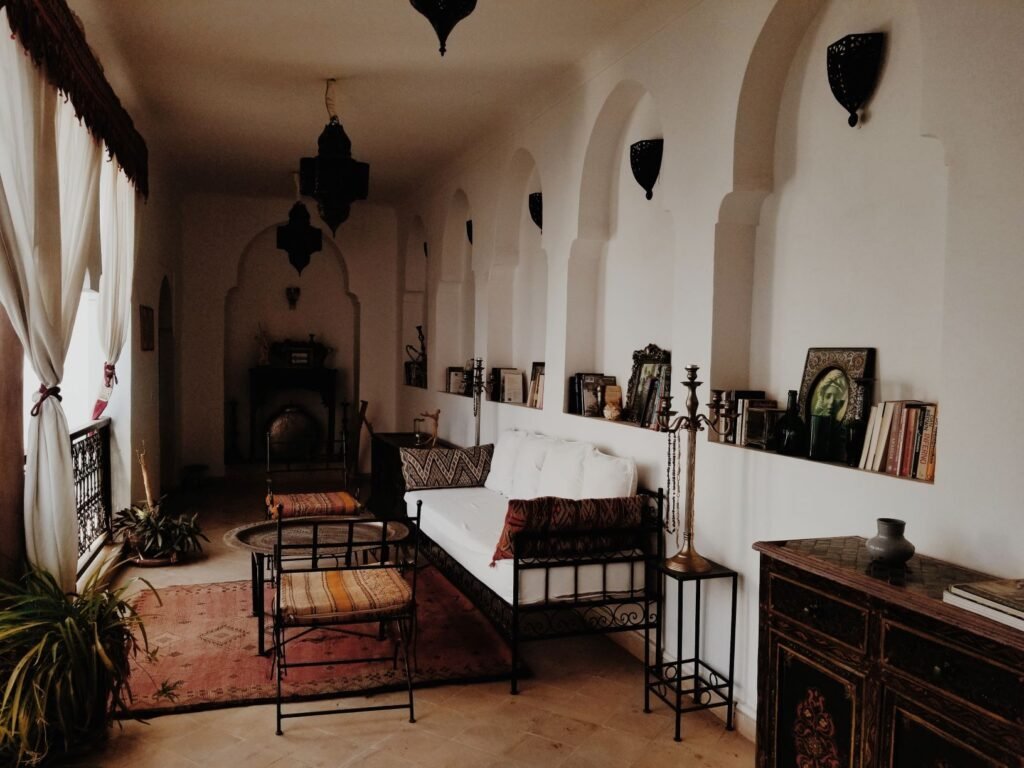
I highly recommend staying in an Airbnb for at least two weeks to start with, even if you’re moving with your family. Temporary living situations can be stressful, but trust me, it’s better in the long run to take your time finding an apartment in an area you’re happy with.
I know a family who moved here and rushed into an empty apartment right away. They had to quickly buy beds, a water heater and other necessities pretty quickly. They ended up moving into a home that was very expensive, spent a lot of unnecessary money upfront and completely overwhelmed themselves. They ended up leaving less than a year later later.
When you rent a home unfurnished in Morocco, 9 times out of 10, it is completely unfurnished. Meaning, no refrigerator, hot water heater, washer or lighting fixtures. Staying someplace furnished temporarily, gives you the opportunity to learn where to get these items at an affordable price. Then, you can plan in advance to buy these items and have them delivered before you move into your new home.
Taking your time has so many benefits. It gives you the opportunity to get a basic understanding of the layout of the city and get to know your commute to work or school. It allows you to meet other foreigners who have moved to Morocco – whom you can learn so much from. Learn from their mistakes, see what areas of the city they recommend to live in and hear their other insights. There is so much value in learning from those who have gone before you.
Join expat groups on social media – a community in the same boat
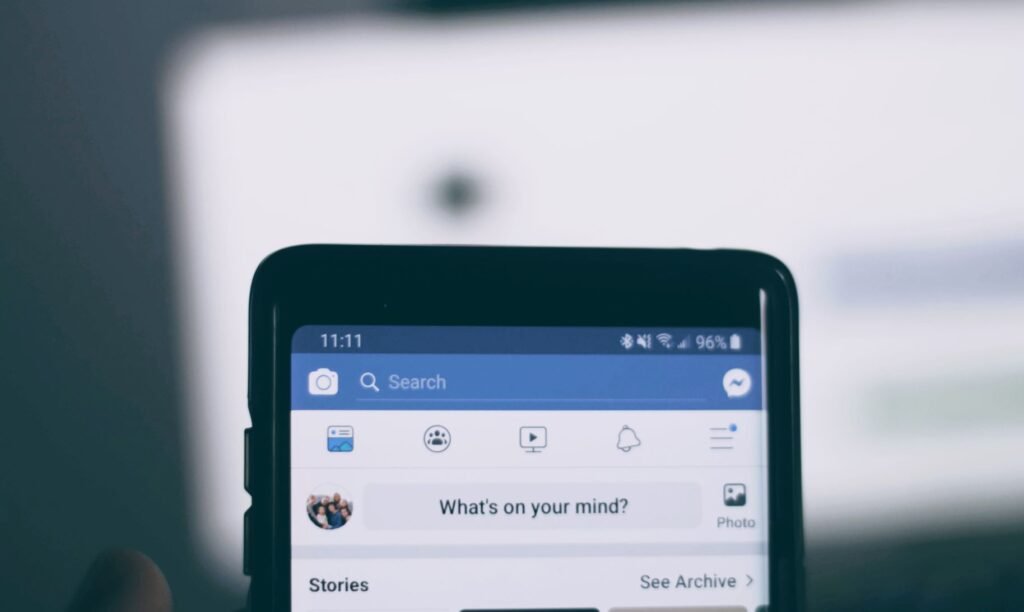
Depending on the city you decide to live in, most likely there is an expat Facebook group. This can be both an asset and a resource. Expats post about apartments that are available for rent, items they’re selling or trying to give away, good restaurant recommendations and keeping the expat community informed about events going on around the city.
It doesn’t hurt to join this group about a month before you move to Morocco. This gives you the chance to start getting informed about what’s going on in your new country of residence.
Transportation – Getting from point A to point B
If you’re interested in buying a car in Morocco, I recommend waiting at least a year. The best way to get to know your new city is on foot. It’s easy to explore and get lost on foot, it’s not stressful like adjusting to new ways of driving. Most of the cities are very walkable and you can get everything you need within a 20-minute walking distance.
Taking a taxi is also a great way to get to know your new home. Taxis are very cheap and cannot be compared to taxis in the West. To put it in perspective, they are even cheaper than most public buses in the states. The only trick is knowing the name of the place you are trying to get to. If you don’t know the name, it can make taking a taxi a little difficult. When you’re driving through an area that’s new to you, ask the driver the name of the area and make a mental note in order to learn as much as you can.
When it comes to busses within the city limits, it can vary from city to city. The buses in Tangier are new, clean and very nice. However, depending on the time of day you’re traveling, they can be very full with standing room only – not particularly an ideal situation during the times of COVID. During the non-rush hours, the bus can be pretty empty and is only 3MAD.
Learn the local dialect – French or Arabic?
Regardless of whether you’re fluent in French, I highly recommend learning the local dialect: Darija. Although in Casablanca and Rabat, most people will speak French, you’ll also interact with many locals who don’t know French. Educated locals or those who interact with foreigners regularly are the ones who speak French and other languages. However, for example, the woman cleaning your house may have not gone to school and only speaks Darija. Even learning basic greetings and survival phrases can go a long way. Most cities have a language center but there is also an online learning option from a language center in Fez – but keep in mind that Darija varies widely from city to city.
When I moved to Tangier, there were foreigners who recommended that I learn French. I’m so glad that I chose NOT to, and decided to learn the local dialect. Not everyone knows French, so now, I am able to communicate with everyone, rather than just a few. Learning by immersion is one of the best ways to learn a language. Although French is prominent, you will hear more Arabic on the streets than French. If you want to learn French, go to France to study before moving to Morocco.
Get house help
One of the benefits of living in Morocco is the affordability of house help. It is very common and honestly expected for foreigners to have someone help you clean your home. As someone who grew up in the lower middle class in the States, this was a challenging concept for me. When we first started having someone clean, my husband would make fun of me for cleaning before she came!
But let me tell you, living in another country is so exhausting. There is a learning curve like no other and culture shock in Morocco is real. Having someone come once a week to clean your floors and bathrooms or hang your laundry can be a huge help. Give yourself some grace and swallow your pride, because you will experience exhaustion with just the simple everyday tasks.
By having someone clean for you, you’re also providing a job for someone who needs it. During these times of COVID, work is scarce for a lot of locals. Many foreigners left Morocco in 2020 and many locals lost their jobs as a result. For many, those who lost their jobs were the sole providers for their family. Having house help not only helps you but gives you the opportunity to help someone in return.
From a foreigner living in Morocco, I hope these practical tips will help you in your preparation and move to Morocco.

